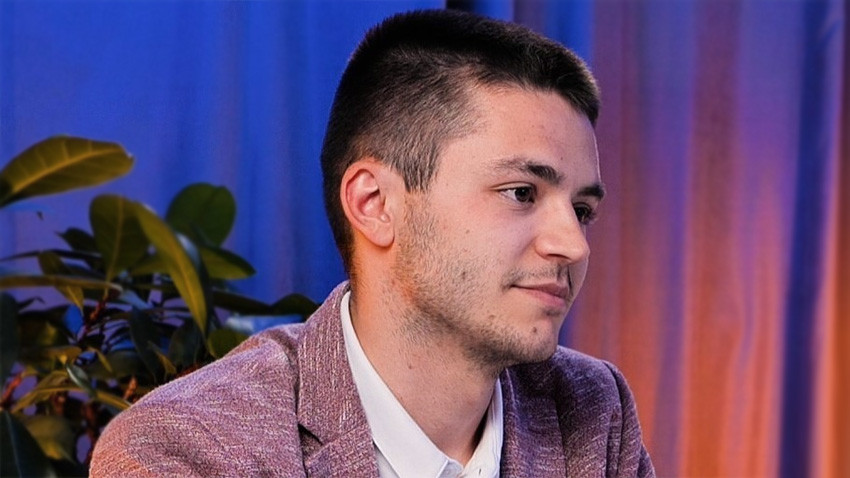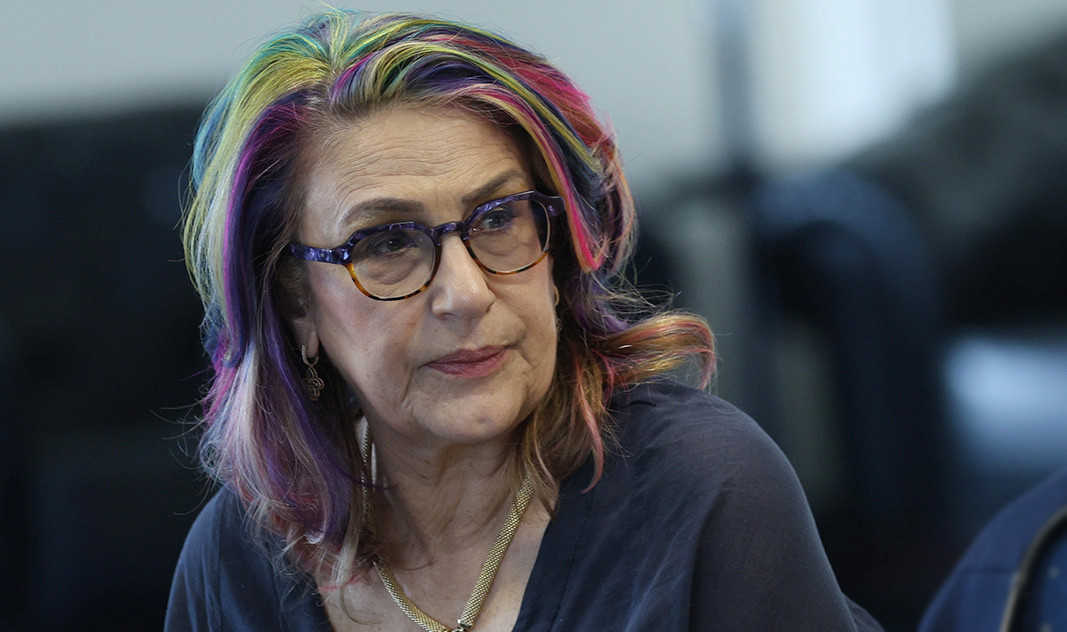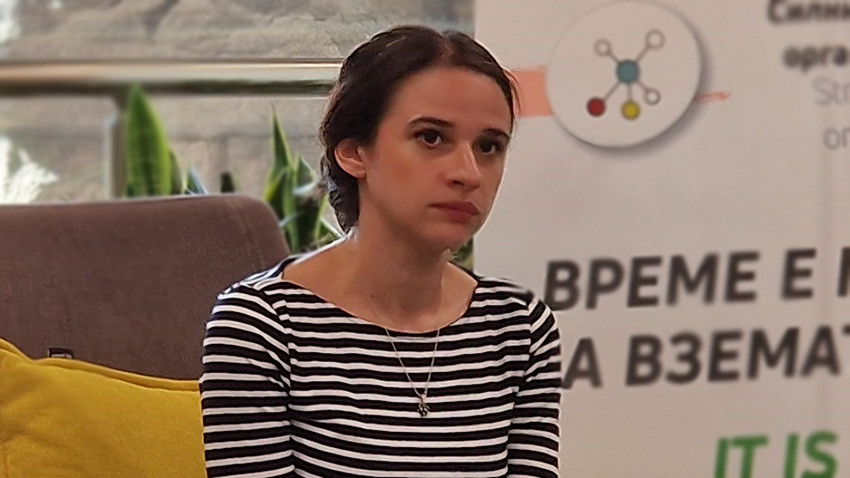The latest in the string of snap elections for parliament is over but, except for a slight rise in voter turnout compared to the election in June this year, it is still hard to say what the political configurations might be that could lead to the formation of a regular government by the next, 51st National Assembly. The only thing that seems certain as the final results, made public by the Central Election Commission emerge, is that first place goes to the coalition GERB-SDS which, in its role of winner, has already stated it will do its best to form a government.
Before making any such promises, however, it is important that the coalition answer several frequently asked questions, says political analyst Ivaylo Iliev:
“The first question is – why did it come to be that another snap election had to take place, after which we are again talking about some form of understanding between We Continue the Change-Democratic Bulgaria (PP-DB) and GERB-SDS that has to be reached at the negotiating table. The second question that has to be answered is will there be a new beginning within GERB, or will a clear majority be formed with PP-DB, which will not have to forcibly vote for a party cabinet with a party-affiliated PM (something GERB has been touting on the campaign trail), but will, instead, agree on reform plans, anti-corruption laws, members of the regulatory bodies etc. in these tough negotiations – i.e. the question which actually brought this election about, will Boyko Borissov be able to shake off other people’s influence, must be answered in the coming days. If not, parliament could never start functioning.”
While Ivaylo Iliev is more realistic than anything else, Tatyana Burudjieva is fairly sceptical about how successful possible negotiations between the two coalitions can be: 
“PP-DB do not seem to acknowledge the fact they are growing smaller and smaller compared to GERB, moreover they were saved most of all by their partners from Democrats for a Strong Bulgaria (DSB) and Yes, Bulgaria. The fact that you refuse to make such an acknowledgement, that are you unable to reach out to the public, nor is the public making any effort to reach out to you goes to show that what we shall have in the process of negotiations is inappropriate behavior on the part of the political forces. Appropriate means taking a look at the place you have been assigned by the voters and demonstrating an understanding of the fact.”
Still, Tatyana Burudjieva does see two options for the formation of a cabinet:
“One of the options is for We Continue the Change, but most of all Democratic Bulgaria to be pragmatic parties and to form two separate parliamentary groups. If there is a split, then it is possible that a government be formed with Democratic Bulgaria, There is Such a People (ITN) and the Bulgarian Socialist Party (BSP). It would be a “programme government” with a clear political responsibility, with each party bearing its cross in governance. The other option is to seek support from one of the two DPSs (MRF - Movement for Rights and Freedoms). The split within the DPS resulted in two things. The first is that the DPS will no longer be able to perform its balancing act in Bulgarian politics, and that is the good news. This means closing the back door and sneaking into a cabinet. Second, their aggregate result means they are the second biggest political force. So the options are either an unquestionably right-oriented coalition working with the European Commission and the European People’s Party, or a broad-based coalition government focused on a programme rather than any right-oriented values,” Tatyana Burudjieva says.
With 100% of the samples counted in the parallel count, and taking into account the votes of Bulgarians abroad, the polling agency Gallup International Balkan, partner of BNR in the coverage of the vote, announced that there will be 9 political entities in the 51st parliament of Bulgaria – GERB-SDS, PP-DB, Vazrazhdane, There Is Such a People, BSP, Alliance for Rights and Freedoms, DPS-New Beginning, MECH and Velichie.
This may be the first time the National Assembly will be so motley, says Yanitsa Petkova from Gallup International Balkan and adds: 
“What we are seeing is a new parliament consisting of 9 political forces which is highly fragmented. Quite a few partners will have to come together to have any kind of majority in the National Assembly. Whether it will be stable or not is something we are yet to see. This time we have had some serious bids for launching negotiations on a government, so, the coming days and weeks are certainly going to be interesting.”
Compiled by Yoan Kolev
Interviews – BNR-Plovdiv and Radio Sofia, BNR
Translated and posted by Milena Daynova
Photos courtesy of the interviewees, BGNES, BTA
"We Continue the Change - Democratic Bulgaria (PP-DB), the second largest parliamentary group, has said that it will support the formation of a regular government only if GERB-SDS agrees to sign the PP-DB declaration calling for a "cordon sanitaire"..
The GERB party has already made every possible compromise . Now it is the turn of other political forces to show statesmanship, because they are also responsible for what will happen in Bulgaria, Denitsa Sacheva, deputy leader of the GERB-SDS..
Dragomir Stoynev, an MP from the BSP-United Left coalition, told BNR that the election of the parliamentary speaker was an agreement between political forces to stabilise the political situation. On 6 December, St Nicholas' Day, the 51st National..
Caretaker Minister of Foreign Affairs Ivan Kondov participated in the regular meeting of the EU Foreign Affairs Council in Brussels, BTA reports. This..

+359 2 9336 661
